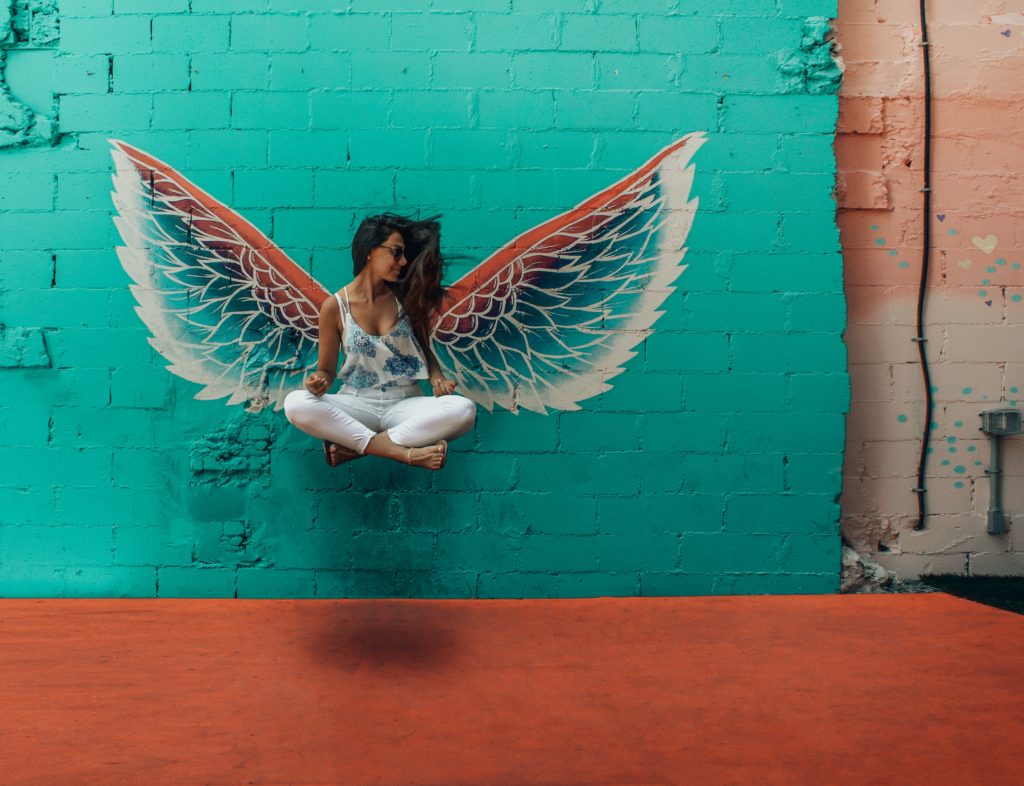In light of Freedom Day that gleans on tomorrow’s horizon, I started to think about that big word, “freedom”, which is often thrown around carelessly.
What does it mean to be free?
Freedom isn’t a word alone in my perspective, it’s a paradox, and I’ll explain why and what afforded me this thought progression, writes Cape {Town} Etc’s Ashleigh Nefdt.
I always like to dig into what great minds have said about certain terms so that I can paint my own picture with the colours of others perspectives.
I read somewhere once that freedom only means anything to those who have gone without it. Kendrick Lamar said the only thing we ever had to free was our minds. Janis Joplin’s understanding was that, “freedom is just another word for nothing left to lost.” And Albert Camus said that “the only way to deal with an unfree world is to become so absolutely free that your very existence is an act of rebellion.”
I happen to agree with all of them.
There is freedom in evading mental chains, in having no responsibility, and in rebellion. If I mix that all in with my own understanding of freedom, it paints like this: you are as free as you allow yourself adaptation to whichever situation you’re in, and how you allow it to control you, or do not. However, freedom is paradoxical because it only stems from control.
Going without freedom, like that quote I once read afforded me this perspective. The perspective of controlling what you can, and yourself in situations that are out of your control entirely.
The period that taught me this was very easily the more severe levels of lockdown.
I remember feeling, as almost everyone in the world did, that my life, as I knew and loved it, had been taken away from me. I was still a student in my honours year, with no campus. A social creature whose natural forms of interaction were no longer, well, legal. A human who cared deeply for others and felt trapped in not being able to check in or help via my normal routes. A daughter who was sick with worry about her parents and family. And really just someone who was terrified because it was the most unknown phase of our pandemic. Terrified on behalf of the world, if I’m being dead honest. And of course fear turns to worry and then there’s a whole other conversation about being trapped in one’s head but I’ll rest on that.
That time of feeling trapped emphasised the illusion of control, and that we are often only as controlled as we allow ourselves to be. It is up to us how we respond. Who we become, and who we do not. Because the choices we make are sometimes all we have.
To crumble and accept is one thing, to grow and adapt is another. I saw a lot of people lift others up, and others lock themselves in. I saw those who lent grace by being considerate of others’ health, and those who literally didn’t want to be associated with masks.
I check my privilege constantly, and I am by no means taking away from the struggles of others. I will not say that I wasn’t lucky to have a home, food, and technology accessible to stay in touch. I was beyond lucky. I was free in ways others were not.
However there are those shared feelings of terror and entrapment that all of us can relate to, especially in light of our awful resident Covid-19. This is why the most unforgiving periods of lockdown taught me great lessons.
Like a huge, twisted social experiment, we see who people are and what they do with the few options they can make. I know lockdown unlocked a lot of my heart, and made me want to act upon helping others, even when it felt small.
See, there is always a way to be kinder, to be stronger, to help, to hope. The choice, is of course, yours.
And so I’ll end of like this. Freedom is a paradox. It’s available in choice. As Ezra Taft Benson once put it, “you are free to choose, but you are not free to alter the consequences of your decisions.”
So all I can add to that is, I hope we choose with light.
Picture: Unsplash

